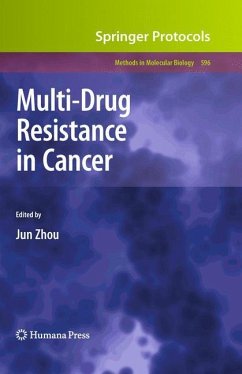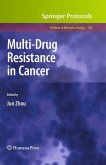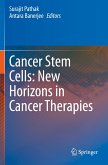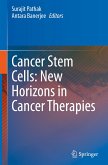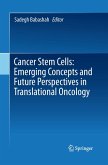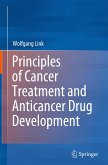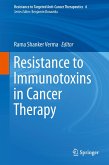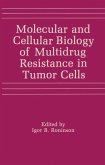Chemotherapy is one of the major treatment options for cancer patients; however, the efficacy of chemotherapeutic management of cancer is severely limited by multidrug resistance, in that cancer cells become simultaneously resistant to many structurally and mechanistically unrelated drugs. In the past three decades, a number of mechanisms by which cancer cells acquire multidrug resistance have been discovered. In addition, the development of agents or strategies to overcome resistance has been the subject of intense study. This book contains comprehensive and up-to-date reviews of multidrug resistance mechanisms, from over-expression of ATP-binding cassette drug transporters such as P-glycoprotein, multidrug resistance-associated proteins, and breast cancer resistance p- tein to the drug ratio-dependent antagonism and the paradigm of cancer stem cells. The book also includes strategies to overcome multidrug resistance, from the development of compounds that inhibit drug transporter function to the modulation of transporter expression. In addition, this book contains techniques for the detection and imaging of drug transporters, methods for the investigation of drug resistance in animal models, and strategies to evaluate the efficacy of resistance reversal agents. The book intends to provide a state-of-the-art collection of reviews and methods for both basic and clinician investigators who are interested in cancer multidrug resistance mechanisms and reversal strategies. Tianjin, China Jun Zhou v Contents Preface. . . . . . . . . . . . . . . . . . . . . . . . . . . . . . . . . . . . . . . . . . . . . . . . . . . . . . . . . . . . . v Contributors. . . . . . . . . . . . . . . . . . . . . . . . . . . . . . . . . . . . . . . . . . . . . . . . . . . . . . . . . ix 1 MultidrugResistance in Cancer . . . . . . . . . . . . . . . . . . . . . . . . . . . . . . . . . . . . . . 1 Bruce C. Baguley 2 Multidrug Resistance in Oncology and Beyond: From Imaging of Drug Efflux Pumps to Cellular Drug Targets . . . . . . . . . . . . . . . . . . . . . . . . . .
From the reviews: "This book uses cancer as the focus to discuss both the mechanistic events causing multi-drug resistance and the potential ways to mitigate it. ... In summary, this book provides a good overview of the development and treatment of multi-drug resistance in cancer. ... each individual chapter covers a specific area in an easy-to-read manner, which should leave the reader with a better understanding of the topic." (Nick Plant, BTS Newsletter, Issue 37, Winter, 2010) "The topics covered in this 21-chapter volume have been provided by leading experts in the field. ... The chapters are generally well written and clear. ... This provides a full picture on what is going on in this exciting field. ... this book offers a comprehensive survey of the fields of knowledge and research concerning cancer multi-drug resistance mechanisms and reversal strategies. In this way, it is relevant for basic and clinical investigators, for the less experienced and mature researchers ... ." (Rolf W. Hartmann, ChemMedChem, Vol. 6 (3), 2011)

